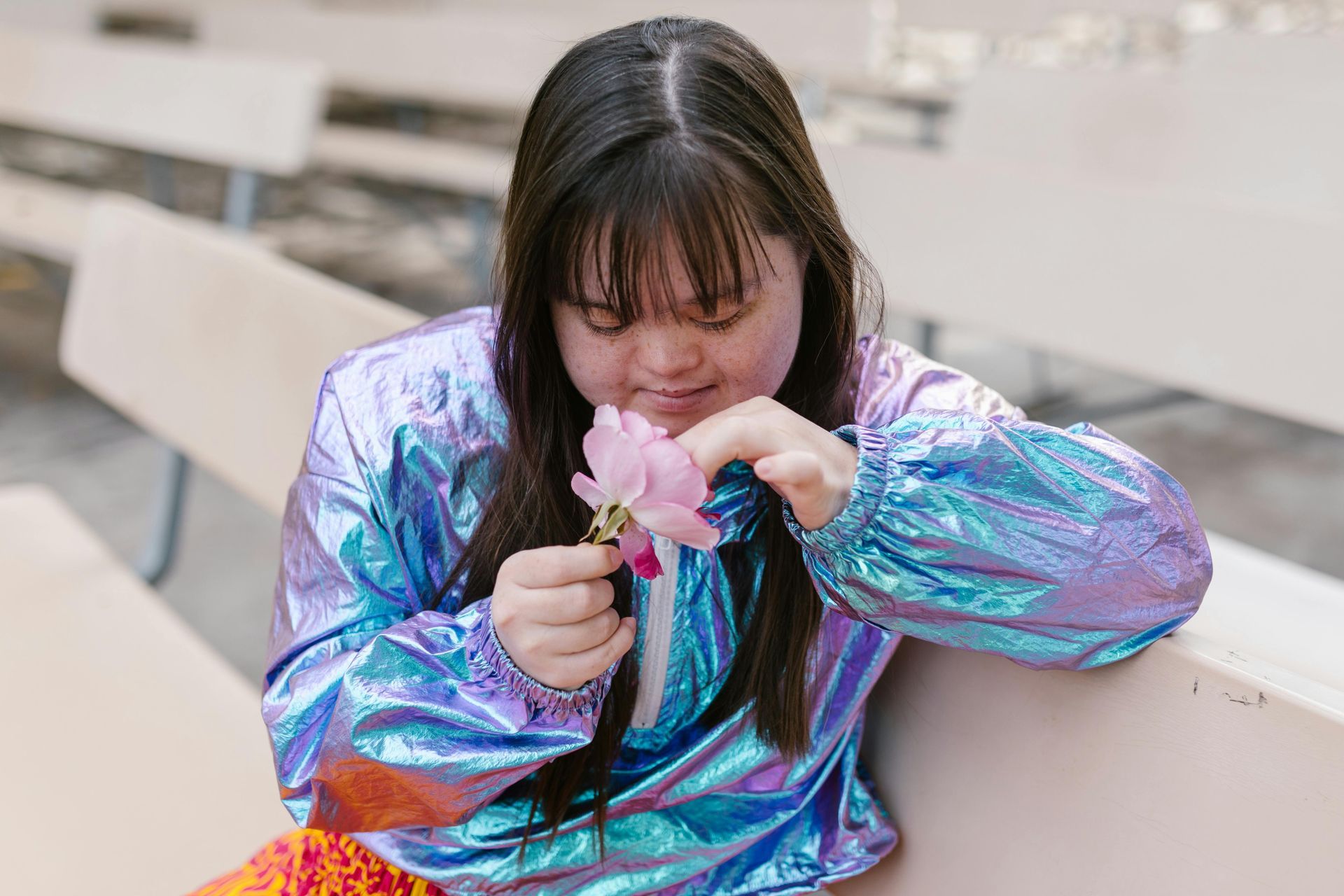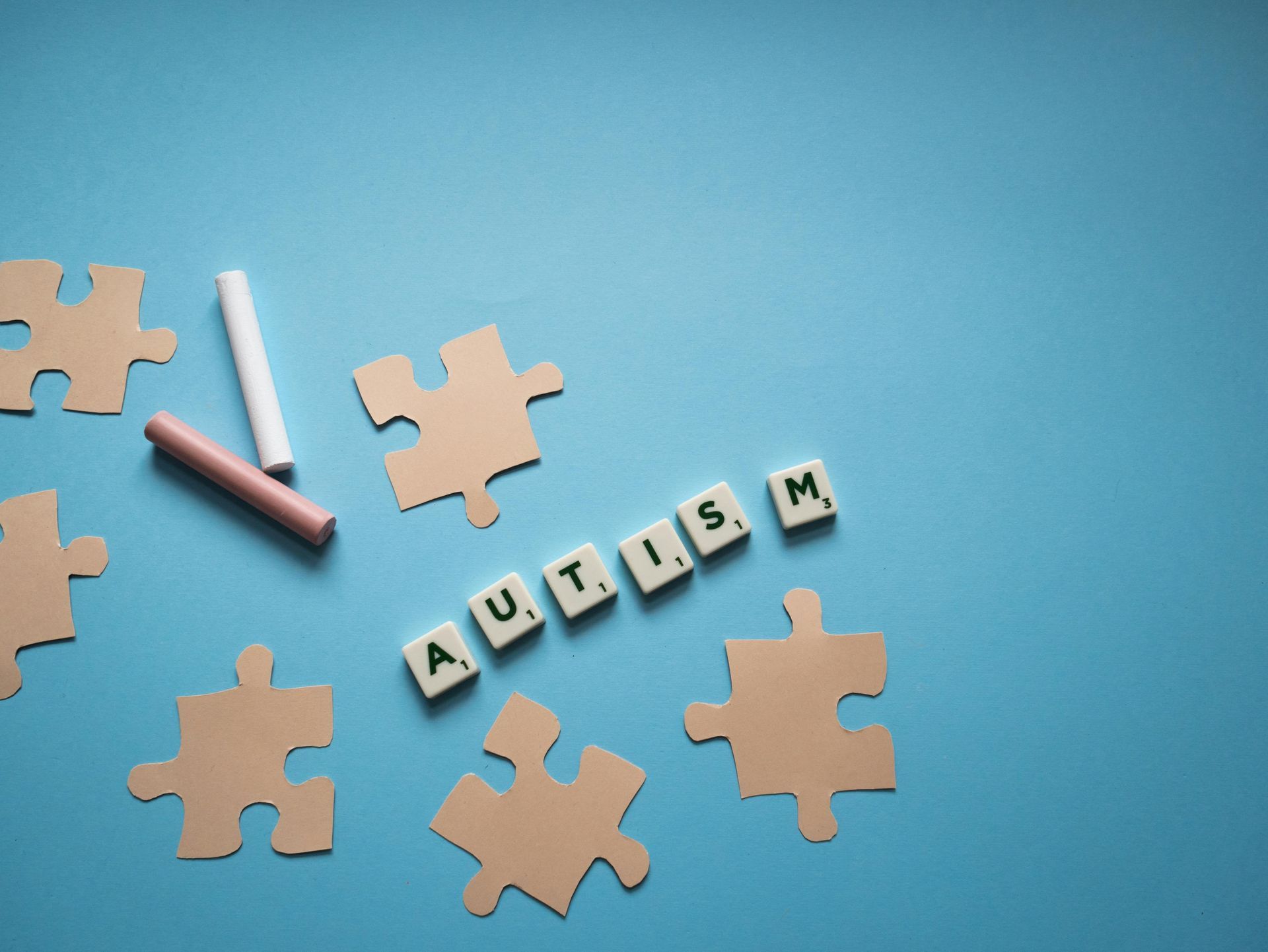August is a unique month—it sits between the height of summer and the quiet slide into autumn. It's a moment of pause, a chance to reflect, reset, and realign. As we step deeper into the month, it's worth asking: How is August treating you so far?
Whether you're experiencing sunshine-filled days of joy or moments of stress and fatigue, now is the time to tune into your mental and emotional well-being. This mid-year checkpoint offers a powerful opportunity to care for your inner self.
1. Listen to Your Mind and Body
Our bodies often send signals before we even realize we’re stressed. Persistent fatigue, irritability, forgetfulness, and physical tension could all be signs that you need to slow down. Take a moment to check in with yourself—not just physically, but emotionally.
- Are you sleeping well?
- Are your relationships nourishing or draining?
- Are you feeling anxious, hopeful, overwhelmed, content?
Understanding where you stand emotionally can help guide the kind of support or adjustments you might need.
2. Mental Health Is Seasonal Too
Just like weather changes, our moods and mental states can shift with the seasons. The warmth and freedom of summer may offer relief to some, while others may feel pressure to “enjoy it all” even when their mind is struggling. Remember that it’s okay not to feel your best—even when the world seems bright.
Seasonal changes can also impact individuals with developmental disabilities or those on the autism spectrum. Sensory shifts, changes in routine, and social expectations can bring discomfort. It's important to maintain consistent routines and provide sensory-safe spaces.
3. Build in Mindful Moments
You don’t need a major overhaul to feel better—sometimes a five-minute deep breathing session or a short walk can reset your entire day. Mindful practices like journaling, nature time, or simply being present in the moment can ease the mental load.
4. Reach Out—You’re Not Alone
Isolation can intensify mental health challenges. Don’t hesitate to reach out to a professional, a support worker, a peer, or a community service if you're feeling overwhelmed. Support systems exist not just for moments of crisis, but also for prevention, stability, and ongoing wellness.
5. Caring for Those Who Care
Caregivers—especially those supporting individuals with developmental disabilities—need just as much emotional care as those they support. If you’re a caregiver, pause and ask yourself how you are doing. Your well-being directly impacts the care you provide.
🌱 Whether August has been gentle or overwhelming, there's still time to take control of your mental and emotional health. A little reflection can go a long way.
👉 Need support or looking for professional guidance?
Visit www.globalhandsinc.com to learn more about compassionate care and wellness services in Maryland.










